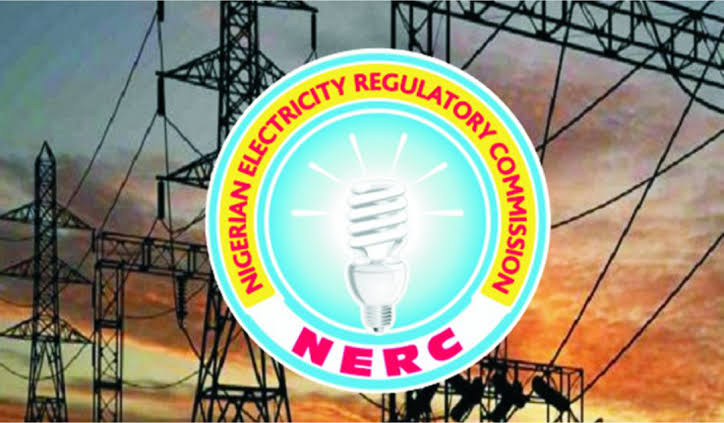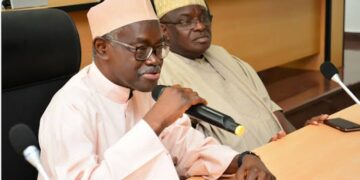The Federal Government of Nigeria yesterday announced that as part of its overall vision to eradicate energy poverty in Nigeria, the renewable energy sector is expected to contribute about 9,000 megawatts to the country’s electricity supply by 2030.
The Minister of Energy, Chief Adebayo Adelabu, who disclosed this in Abuja at the opening ceremony of a summit on accelerating the development of renewable and distributed energy resources in Nigeria organized by the Nigerian Electricity Regulatory Commission (NERC), said the government is fully committed to ensuring affordable and reliable supply of electricity for industries and other establishments.

According to Adelabu, “It is unfortunate that Nigerians have been struggling with the challenge of unreliable grid supply for decades, with frequent power outages and load shedding severely impacting businesses, industries and households.
Grid unreliability affects economic productivity, discourages foreign investment, and leads to unemployment and economic stagnation. We are determined to end this”.

Chief Adelabu said, “Despite the challenges we face, we are committed to continuing our efforts to de-risk renewable energy production through programs such as the Interconnected Mini-Grid Acceleration Scheme (IMAS), with technical assistance from the EU and the German Government. Accelerate the rollout of 23 mini-grids in the 11 states of the federation to serve over 138,000 Nigerians.
“Nigeria’s commitments to developing renewable energy”. In an earlier speech, NERC Chairman, Engr. Sanusi Garba said the push to expand renewable energy supply will enable rural areas to quickly connect to modern sources of electricity.
Godfrey Ogbemudia, Delegate of the European Union to Nigeria, also said that after spending about €200 million between 2008 and 2020 to fund various programs in the energy sector, the EU will spend another €100 million between 2021 and 2027 to provide additional energy supplies. 400 MW from renewable energy will provide electricity to about 5 million Nigerians.

“The EU has been working with Nigeria since 2008 to promote the introduction of renewable energies in the energy system, providing approximately €200 million in grants until 2020 for various projects focused on policies, regulations, building capacity of market participants and facilitating access” to public and private sector funding. As of 2021, the company has renewed efforts to further scale up its financing of €100 million, primarily through innovative financing, technical assistance, and energy infrastructure projects.
“This will translate into some 400MW of new renewable energy capacity to be installed by 2027, benefiting over five million Nigerians, saving approximately 500,000 tonnes of CO2”, he added.



































